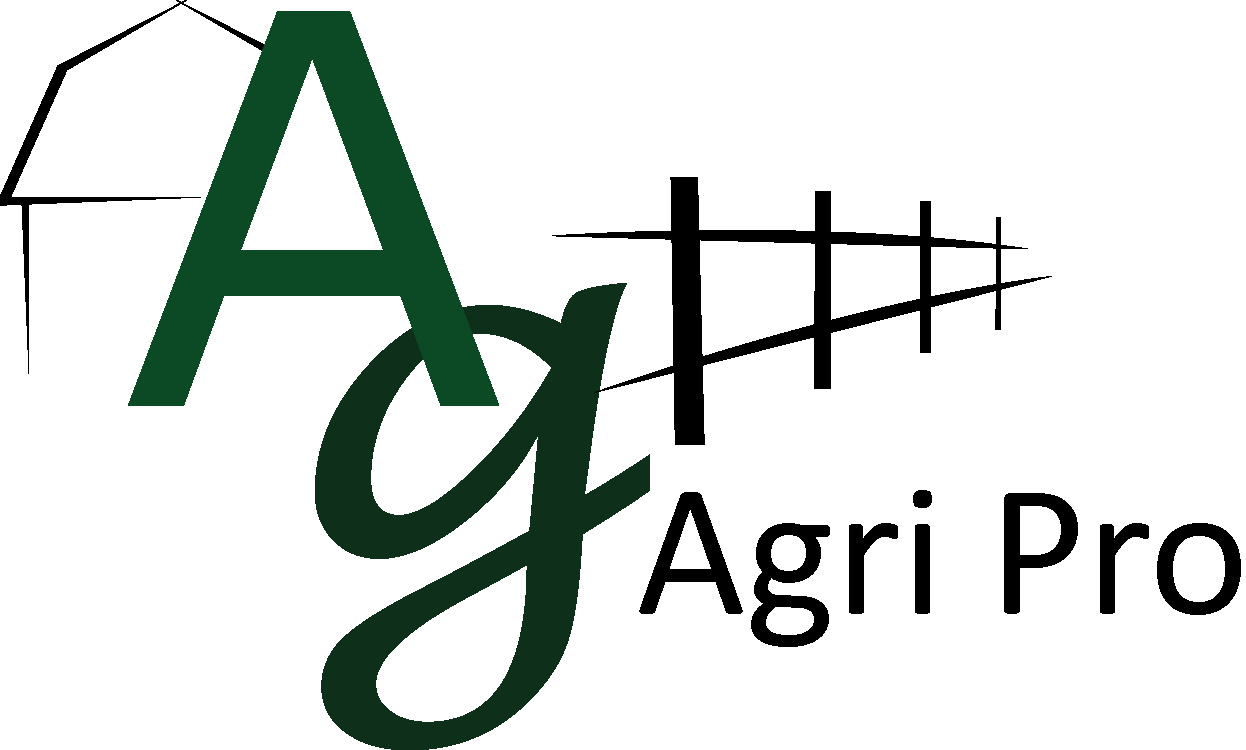A Look Inside The New Tax Plan. The Standard Deduction vs. Itemizing
/There has been so much hype about the new tax plan. I have received numerous calls and emails with concerns, so I thought I would cover a big piece of it for New Yorkers.
The first thing you need to consider before you worry is do you Itemize your deductions or have you been taking the Standard Deduction the past few years? If you have not been Itemizing in the past you are not likely to now - the amounts all doubled. If you file Single - it went from $ 6,350 to $12,200 if you file Head of Household $9,350 to $18,000 and if you file Married $12,700 to $24,400.
This is not a huge break though because the Personal Exemption has been cut completely. In the past we could deduct from taxable income either the Standard or Itemized Deductions PLUS an exemption of $4050 (2017) for each member of the family. In two or three person households the amounts will equal closely to the new higher Standard Deduction – not much of a change for you…other filing combinations will be impacted differently.
The overall issue is if you pay very high real estate taxes on your main home or vacation home you will likely loss deduction.
Keep in mind – if the RE Taxes you pay are a business deduction - for example; - rentals or farming there is no loss at all. This rule only applies to personal property or that held for investment only. The main thing to remember is that the brackets have changed significantly for lower to mid-income taxpayers. The rates did not change a whole lot, but how they are applied did. In the analysis I did for people over the past month most came out fairly close to what they are paying now.
Overall, as with anything else some will be helped and some will be hurt. We are too far gone to ever make this a truly fair system. Those of us in NY will not see much benefit at all, but I want to leave you with this thought. There are many (not living in NY or CA) that will be helped hugely by these changes. We need to get the GDP growing. I hope they have found a way.

